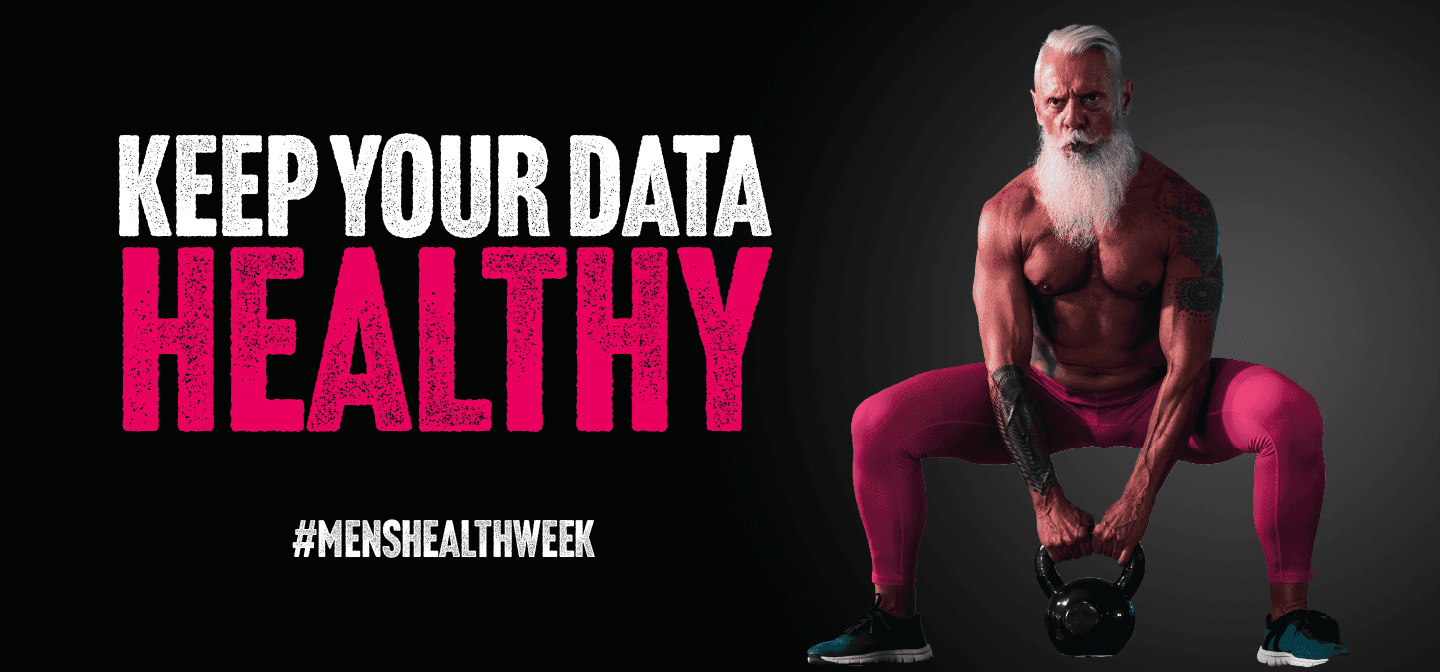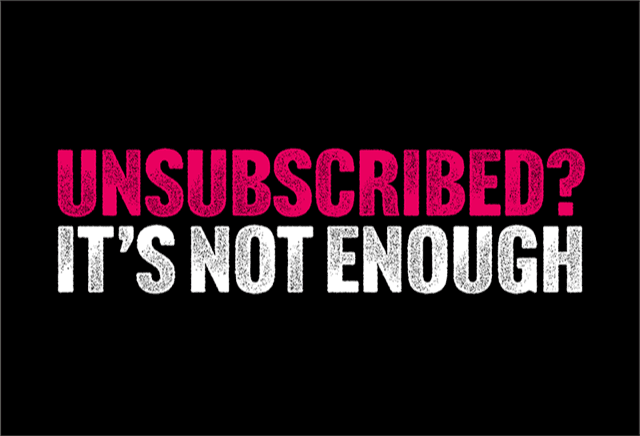- Privacy
- Protect
Men's health apps... are they good for you?
It’s International Men’s Health Week, 13-19 June. There’s growing interest in apps that help men monitor their health and fitness and these apps gather enormous amounts of personal data. But what happens if that data is lost, or accessed by third parties or shared without your knowledge or consent? How safe are men's health apps and are they putting your privacy and online safety at risk?.By Rightly
6 min read

It may feel like good practice to track your daily steps, monitor your sleep, and get reminders to take your medication and or supplements.
Apps like Peloton App, FIIT, TRX Training Club, FitBit and Apple Health collect some of the most sensitive data you have.
Did you know that some of these collect a wealth of data about you, including your:
- Daily steps and exercise
- Alcohol use: what and how much you drink
- Diet: what you eat and how many calories you consume
- Diseases and health conditions
- Health metrics such as blood pressure or blood sugar
- Weight and weight loss or gain over time
- Fitness data such as average resting heart rate
- Medications you take for specific health conditions
- Moods and mental health issues
- Sleep hours, patterns, and quality
But what is actually happening with all that data?
What do Health apps do with your private data?
Some of your most personal data can end up in the hands of third and fourth parties when an app maker shares it with companies without your knowledge or agreement.
Suddenly your data is out of control and is being sold on the dark web posing an unprecedented risk to your privacy given the ability to collect user data, including this highly sensitive information.
Here we want to look at these apps and ask how you can use them safely without giving away highly personal information which could come back to haunt you.
A study done by the BMJ medical journal found that about 79 per cent of health apps share user data outside of the app.
This health data may be shared with big tech companies, data brokers, product manufacturers, drug makers, insurance companies, health researchers, service providers, and others.
Some of these data buyers may use your information to target you with ads or try to sell you services.
It’s wise to frequently check who holds your data and ask those companies who you don’t want to hold it to remove it. The quickest and best way to do this is to use Rightly to analyse your email box and send automatic deletion requests. The fewer companies that hold your personal data, the less chance you will be exposed to a data breach or your data ending up on the dark web, exposing you to digital harm.
The dangers of men’s health apps
However, there are concerns that the information people both knowingly and unknowingly provide to men’s health apps, which can be very personal health information, can be exploited in unexpected ways.
For example, the BMJ found that one medical appointment booking app cashed in on user data by tipping off a personal injury law firm about app users who were seeing a doctor for injuries. The firm could then approach the app users as potential clients.
Security experts also worry that insurance companies could use private health data harvested from these apps to make critical insurance decisions — such as whether to sell you a life insurance policy and how much to charge in premiums after evaluating your data on your propensity to certain diseases, or information about your expected life expectancy.
Health app data breaches are becoming commonplace as more and more companies are failing to keep their customer’s information secure. Unfortunately, not every company can uphold this responsibility, which often results in devastating data breaches. The men’s health app industry is one sector that has experienced a huge increase in the number of data breaches over the past few years. Why, because most health apps are found to have weak security. This is coupled by the fact that most data breaches, regardless of the industry, are caused by simple human error. A data breach can be, and often is, caused by a mistake as simple as an email or letter being sent to the wrong recipient. Specifically looking at health apps, a recurring theme tends to centre around a failure to properly secure online databases, which is the responsibility of app owners, or specific individuals within the company. This demonstrates just how easy it can be for a simple mistake to escalate into a serious situation.
Let’s also not forget that these health apps know where you were last night (including no doubt what you have eaten) and they’re not always keeping it secret. Dozens of companies use smartphone locations to help advertisers target you. These companies sell, use, or analyse the data to cater to advertisers seeking insights into consumer behaviour with sales of location-targeted advertising on the rise.
How can you safeguard your data when using men’s health apps?
Most consumers know that apps can track people’s movements. But as smartphones have become ubiquitous and technology more accurate, an industry of snooping on people’s daily habits has spread and grown more intrusive.
On an iPhone, in ‘Privacy’, tap ‘Motion & Fitness’. In ‘Motion and Fitness’, locate ‘Health’ in the list and turn off the switch beside it. (If you don't have any other apps that use Motion & Fitness data, ‘Health’ will be the only app in the list.) This setting prevents Apple's Health app from accessing your movement sensor data. Likewise check your app settings for other health apps.
Never forget that as a consumer, protecting your data is an important part of your financial security.
Whilst we all have come to enjoy having mobile apps to provide us with instant information on our smartphones, not all apps are comparable when it comes to protecting your privacy. For example, some apps, to best operate and provide the best value, ask permission to access personal information, including your contacts and location.
If you’re not ready to dump health apps completely, there are some basic ways you can protect yourself while using them.
Whilst many believe they have little control over the information the health apps collect about them, and that the potential risks of collecting that data outweigh the benefits, that is not strictly true. Here are steps you can take to safeguard your privacy when using digital health tools.
Firstly, check what data your health App holds on you.
If for example, you have the Apple Health App, it gives you the ability to export a copy of your Health app data. To do so, tap your profile picture in the upper-right corner, then tap Export All Health Data. For others simply check your settings. Once you know what personal information they hold, you can make informed security decisions.
Secondly, do you need it?
Whilst health apps make life easier, you may want to think about whether you need it — especially if it tracks your medications or tells people where you are. The BMJ found that apps related to medicines may be especially likely to sell or share data because "these apps collect sensitive, specific medical information of high value to third parties." If you need a reminder to take your pills, maybe a traditional calendar alert would work just as well.
Thirdly, beware of “freebies”!
There's an adage that if you're not paying for a product, you are the product. Also, there is never such a thing as a free lunch. Keep in mind that many "free" apps coax you to make in-app purchases, contain advertising or more worrying may ask you to give away data in exchange for the use of the "free" service. Make sure you read the terms and conditions when downloading any of these Apps.
Fourthly, check your permission settings
Many health apps request permission to access all kinds of information from your phone. This may include permission to: access your photos, track your location, read phone status and identity, including your phone number. Go to the settings on your phone and turn off any unnecessary permissions.
Fifthly, know the privacy policy
Search for the privacy policy on the health app you want to keep — or any new ones you're thinking about downloading. Look for any information about if and how the app shares data with third parties. It may be a bad sign if the policy is overly complicated and hard to understand, or if there's no information about third-party sharing.
Finally, shut down social sharing
It's not just companies who may get hold of your private health information. Many apps have a "social" component that may share your data with your friends, family members, and even strangers you've connected with on the app. Each app may work a little differently but check the settings and in particular the privacy controls in the App to turn off "sharing" with anyone you don't want to see your stats.
And if you want to be 100% sure - kill the App! You probably have several unused health apps sitting on your phone right now. First, delete or deactivate the account associated with the app — even if you must log in on your computer or contact support to do so. Next, delete the app from your phone, and then use Rightly Protect to get your data deleted from the company concerned. Taking both steps may help to protect your personal information.
Health apps can be a great tool for staying on top of your wellness goals.
But they also come with downsides in terms of privacy.
So, it's important to know the risks and take steps to protect yourself against privacy risks before you start tracking your moods, logging your meals, or baring your soul to your new AI friend.
Related Articles
- Blog
12 min read

What do women’s health apps do with your data?
Millions of women use health apps to improve their everyday lives, but few know the scale at which they share extremely intimate details with third parties.
- Protect
4 min read

Unsubscribing from emails is not the same as deleting your data
We get emails from all kinds of companies and organisations all the time and usually at the bottom you will find an ‘unsubscribe’ button or link. Many of us click on that and think we have disconnected ourselves from the company that sent it. But in fact our data is still on the company system and that makes us vulnerable. Getting data erased protects us far more.